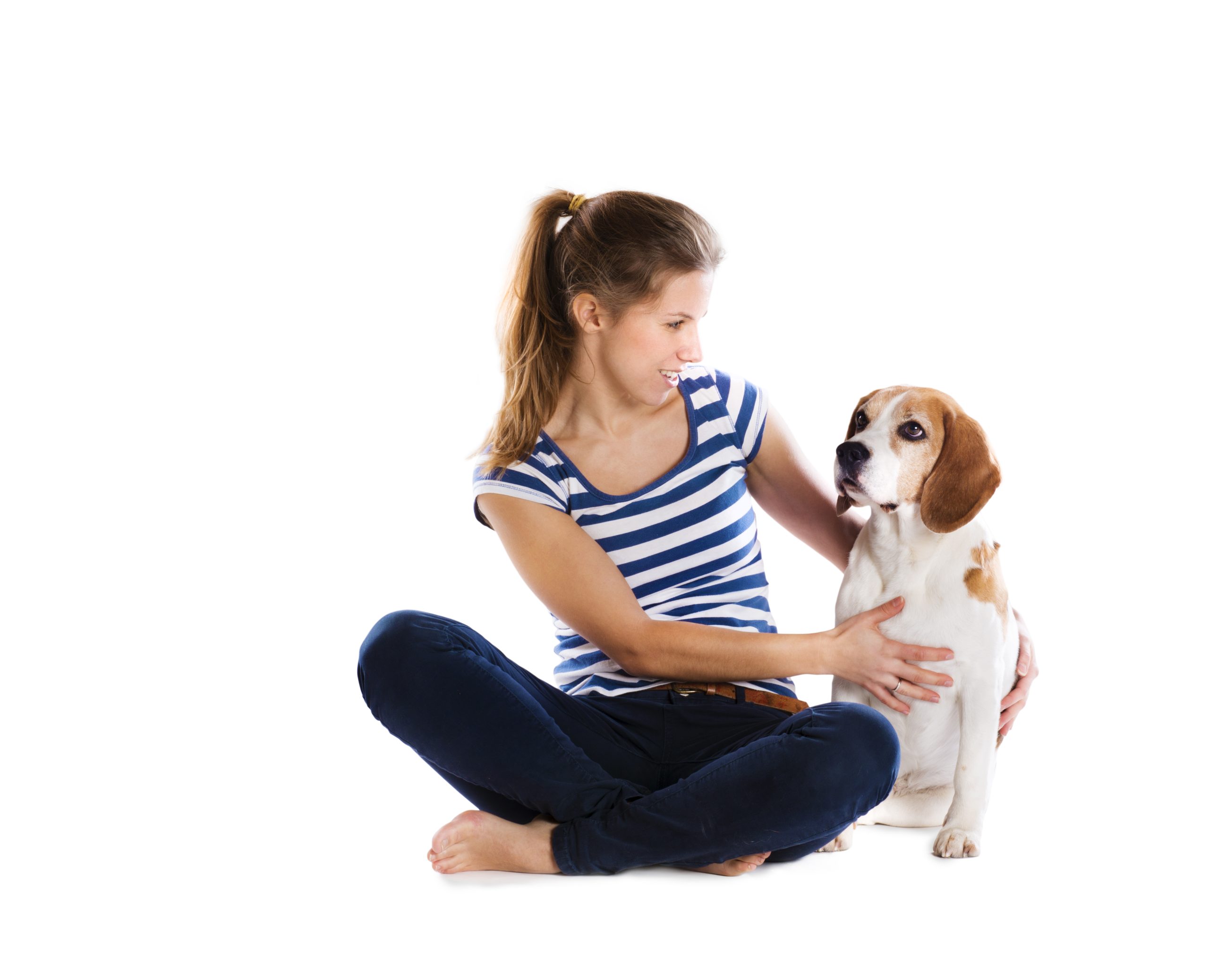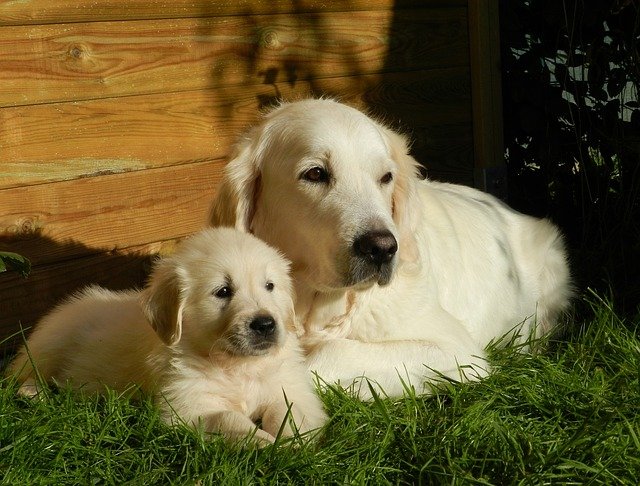When it comes to dog training, starting early is always recommended. The earlier you start your puppy’s training, the easier and more effective it will be in the long run. However, experts recommend that you wait until your pup has had all of their vaccinations before beginning any formal training. This is because young dogs are still developing immunologically, so they need to have a strong immune system before being exposed to new environments or other animals. Additionally, socialization during this time can help prevent behavioral issues later on.
The best way to potty train your puppy is by creating a consistent routine for them. Take your pup out at regular intervals throughout the day, such as every two hours, and immediately after meals and naps. Use a specific word or phrase to indicate when it’s time to go outside, like “potty” or “go pee.” Reward your pup with treats or praise when they successfully use the bathroom outside. It may take some time, but consistency is key in successful potty training.
Obedience training for dogs involves teaching them basic commands like sit, stay, come, and heel. There are many different methods used for obedience training, including positive reinforcement, clicker training, and traditional force-based techniques. Positive reinforcement uses rewards like food or playtime to encourage good behaviors while ignoring bad ones. Clicker training involves using a clicking sound to mark desired behaviors and rewarding them with treats. Traditional force-based techniques involve physically correcting unwanted behaviors through leash corrections or other punishments. While each method has its advantages and disadvantages, finding what works best for both you and your dog is essential for success.

How Many Days Per Week Should You Train Your Dog?
Experts generally recommend training your dog for 15-30 minutes per day, five days a week. Any less than this could result in slow progress, while too much training can lead to burnout or frustration. In addition to daily training sessions, incorporating fun games and activities into your dog’s routine can also help improve their overall wellbeing and behavior. Remember to remain patient and consistent in your training efforts, and don’t forget to reward your furry friend for their hard work!
